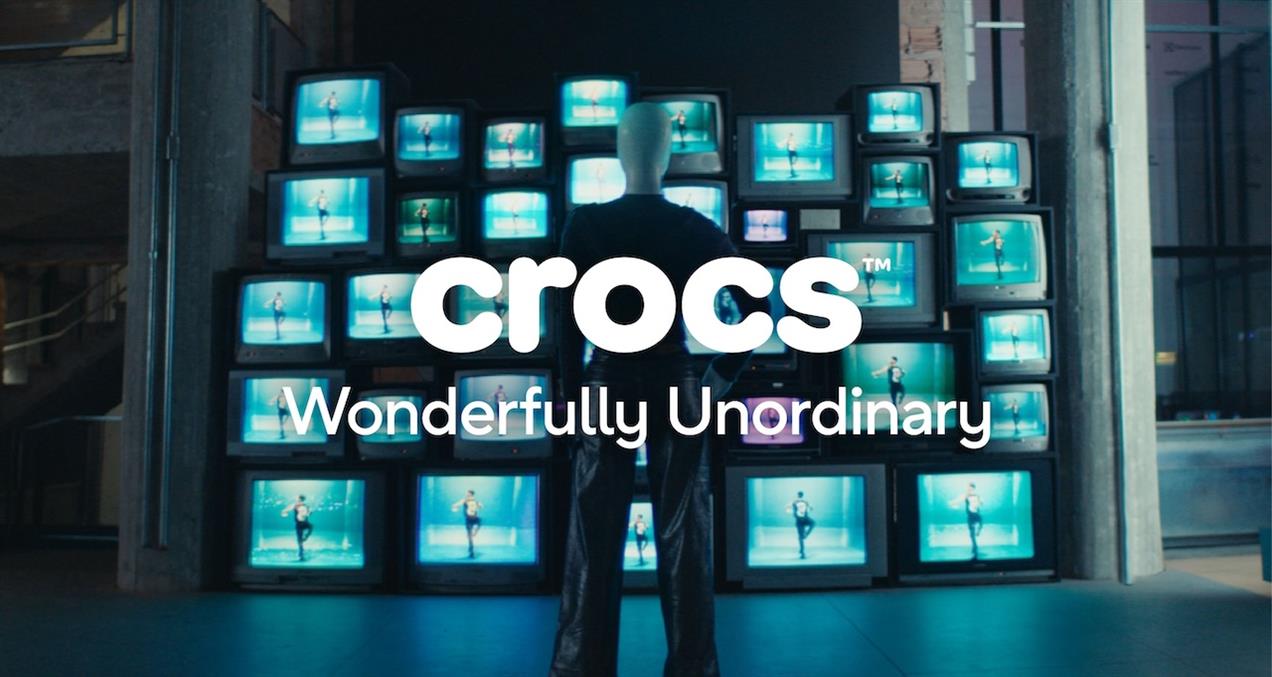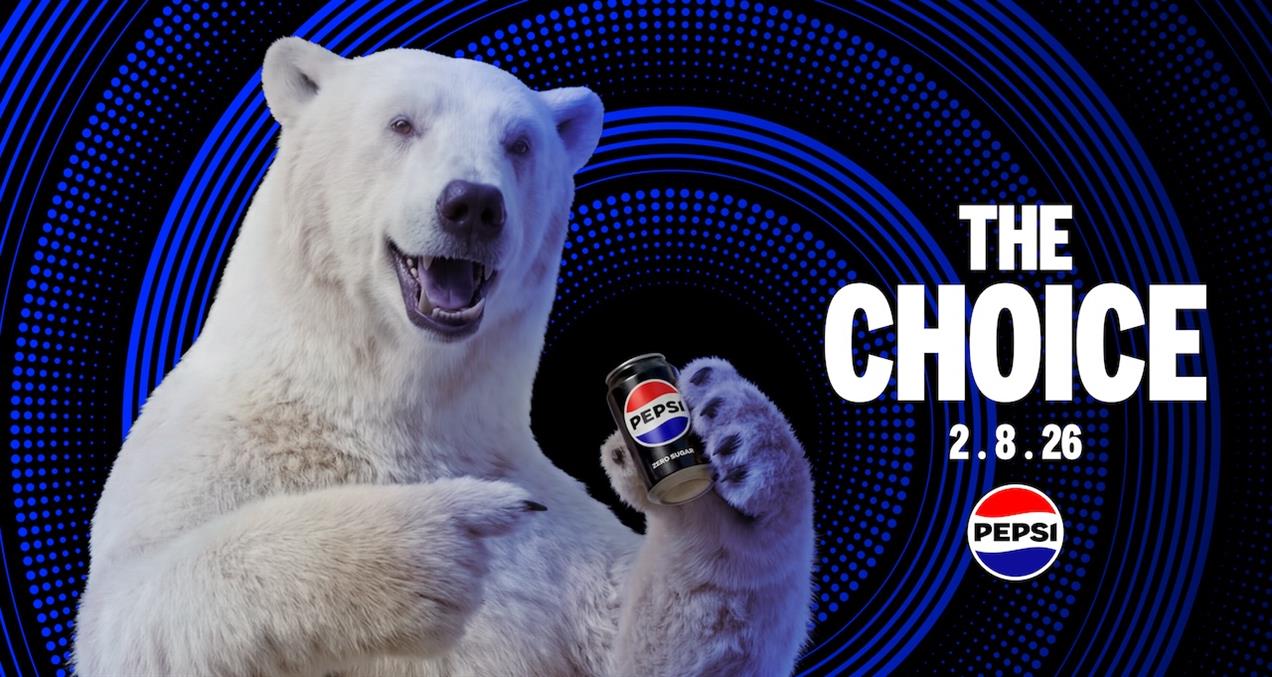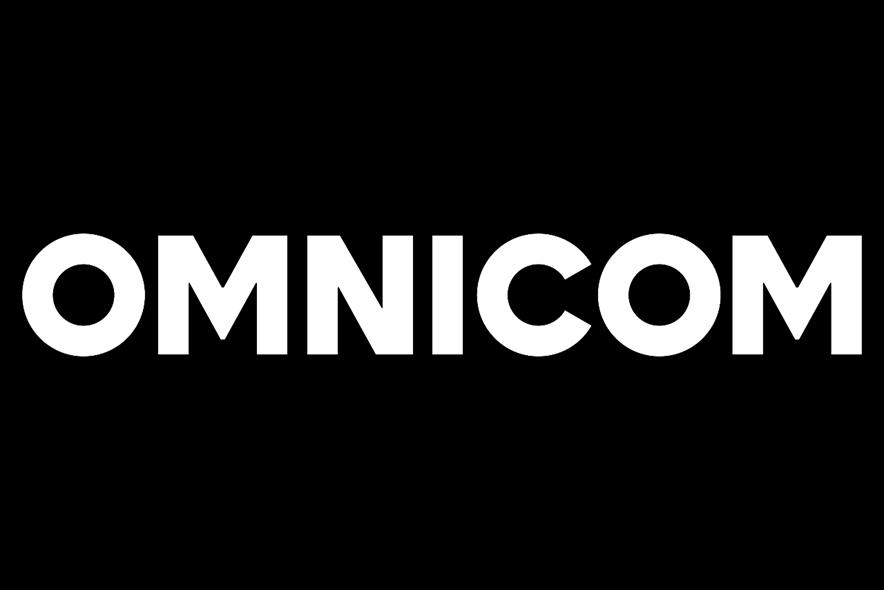Over 100 years ago Albert Einstein published the special theory of relativity. In the ensuing century this theory may have become the most scientifically tested hypothesis in history. Thousands of brilliant scientists have tried to punch holes in it, and it has withstood all challenges. And yet scientists continue to look for holes. This is as it should be.
Knowledge is a precious and essential thing, and assumptions must always be challenged if we are to have confidence that we actually know anything.
Perhaps somewhere there is a field of endeavor that accepts assumptions as facts more injudiciously than advertising. But if there is, I haven’t encountered it. While my career has been spent in the advertising industry, I have had enough contact with the marketing industry to be confident in saying that marketing is not far beyond advertising in its willingness to accept propositions that have little to no grounding in science.
For years, sometimes decades, we have been relying on concepts that seem reasonable and logical: positioning, differentiation, brand meaning, precision targeting, brand purpose, and I’m sure there are others. These are concepts that have been readily accepted by the advertising community because they seem reasonable and logical. But let’s not forget that a flat Earth seems reasonable and logical, too.
While scientists are encouraged to challenge the beliefs of "experts," here in adland we are ridiculed for challenging the opinions of our aristocrats. The result is that science actually grows experts, all we grow are ridiculous "thought leaders."
Where is the rigorous science behind our beliefs? I am no statistician or researcher, but even as a mediocre copywriter l can see the enormous holes in what passes for the scientific basis of most of our beliefs.
It is not my contention that these concepts are wrong. It is that they are unproven and should not be regarded with the kind of reverence and credulity that advertising and marketing practitioners ascribe to them.
As professionals, part of our job is to be skeptical. The fact that some expert believes something, or some academic wrote a book about it, or some blogweasel such as myself trumpets it, is not good enough. We should be aware that most of the marketing and advertising shibboleths we adhere to are the result of anecdotes, questionable case studies, or research that is not sufficiently rigorous to warrant our full confidence. Yes, we have to proceed with our endeavors based on the best information at hand. But in advertising and marketing much of that information is incomplete and inadequate. We should not pretend otherwise. Most importantly, we cannot continue to blithely accept the unverified and unproven assertions of loudmouths and charlatans.
The advertising and marketing industries are very long on opinions and very short on validated knowledge. This is not good enough. Nobody is smarter than the facts.
Bob Hoffman is the author of several best-selling books about advertising, a popular international speaker on advertising and marketing, and the creator of 'The Ad Contrarian' newsletter, where this first appeared, and blog. Earlier in his career he was CEO of two independent agencies and the US operation of an international agency.












